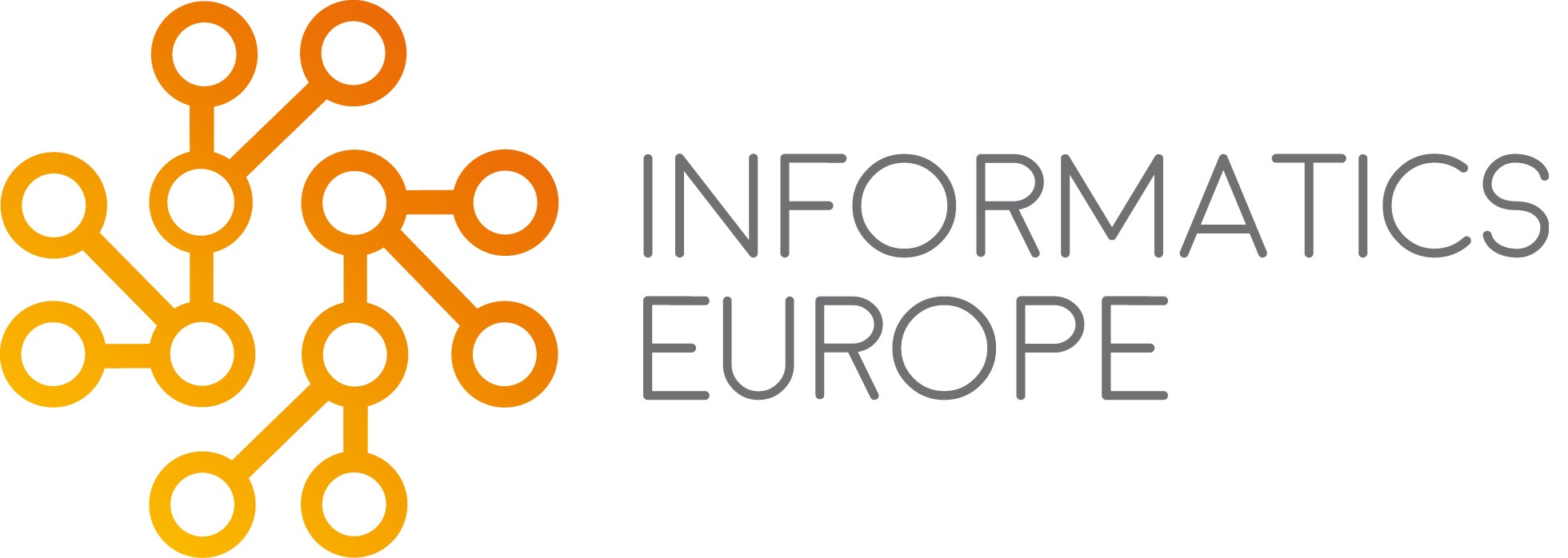European Informatics Leaders Summit 2024
ECSS 2024 - European Informatics Leaders Summit was held from 28 to 30 October 2024 in Malta. It was a very special occasion, as the summit celebrated its 20th anniversary!
The organizing team crafted an exciting program to mark this special anniversary. Revisit the session details and newly added presentation slides on our conference schedule and session webpages. Stay tuned for summit highlights coming soon!
We look forward to welcoming you again at ECSS 2025 in Rennes (France), co-hosted with our member institute IRISA, from 27-29 October 2025.
ECSS 2024 in a Nutshell
Dealing with Interdisciplinarity & Sustainability in Research Groups and Departments
Reflecting on the Past and the Future of Informatics in Europe
AI in Informatics Education and Professional Practice
Workshop co-organised with National Informatics Associations
Doctoral Symposium & Early Career Researchers Mentoring Support
Professional Development Workshop for Early Career Researchers
Cultivating Diversity: Integrating Inclusiveness into Informatics Education
Diversity & Inclusion in Education Workshop
Academia/Industry Collaboration in Higher Education
Research Showcase for All
Green ICT and ICT for Green
Green ICT & ICT for Green Workshop
Informatics Europe Sessions
Awards CeremonyDiscussions with Members & General Assembly
ECSS is the flagship summit for the leadership of the Informatics research community in Europe.
The only summit devoted to crucial and timely strategic issues and trends regarding education and research of informatics in Europe. It covers subjects such as education, research, funding, entrepreneurship, management, and career development. The high calibre of the speakers, since the very first Summit in 2005, has established ECSS as one of the most prominent meetings of the European informatics community. A must-go event for research and education leaders and change-makers at all levels, in informatics and related disciplines.
Why attend
Speakers
ECSS speakers are always among the world`s most distinguished academics, industry leaders, and decision-makers in the field. The event never fails to inspire and stimulate the audience.
Workshops
Learn directly from your peers. Share best practices, common challenges, and proven strategies for improving the quality of research and education in Informatics at the ECSS workshops.
Network
Meet some of the leading decision-makers in Informatics research and education and discuss the critical issues of the discipline. Build valuable relationships with department heads, deans, policy makers, industry leaders, and top researchers in the field.
ECSS, from 2005 to date
The European Informatics Leaders Summit - ECSS (named European Computer Science Summit until 2023) has been organised annually by Informatics Europe since 2005. In fact, the origins of Informatics Europe date back to the first ECSS held at ETH Zurich in 2005, when for the first time, heads of Informatics departments throughout Europe met to discuss critical issues and common concerns related to their discipline. Informatics Europe continues to organize the summit since then.
Today, ECSS still gathers deans, department chairs, and heads of research groups of leading European Computer Science and Informatics faculties, departments as well as public and private research institutes. Additional workshops and sessions in recent years have broadened the scope of the discussions to include all leaders and decision-makers in Informatics in Europe, both from academia and industrial research labs.
The Summit is devoted to all aspects of Informatics education and research: funding, entrepreneurship, management, career development, and policies.
The high calibre of the speakers, since the very first Summit in 2005, has established the ECSS as one of the most prominent meetings of the European Informatics community.
Purpose of ECSS
- Debate the future of informatics, its role and influence in both academy and society.
- Expand the international network of deans, heads of departments, and group-leading researchers in informatics.
- Provide a forum for discussion and exchange of solutions and best practices on common issues.
- Examine ways in which deans, department heads, and group-leading researchers in informatics can work together to improve teaching and research, implement the Bologna process, can influence the policies of their universities, governments, and the EU, and take joint initiatives on common issues.
- Provide opportunities for liaisons with other groups pursuing common interests.




